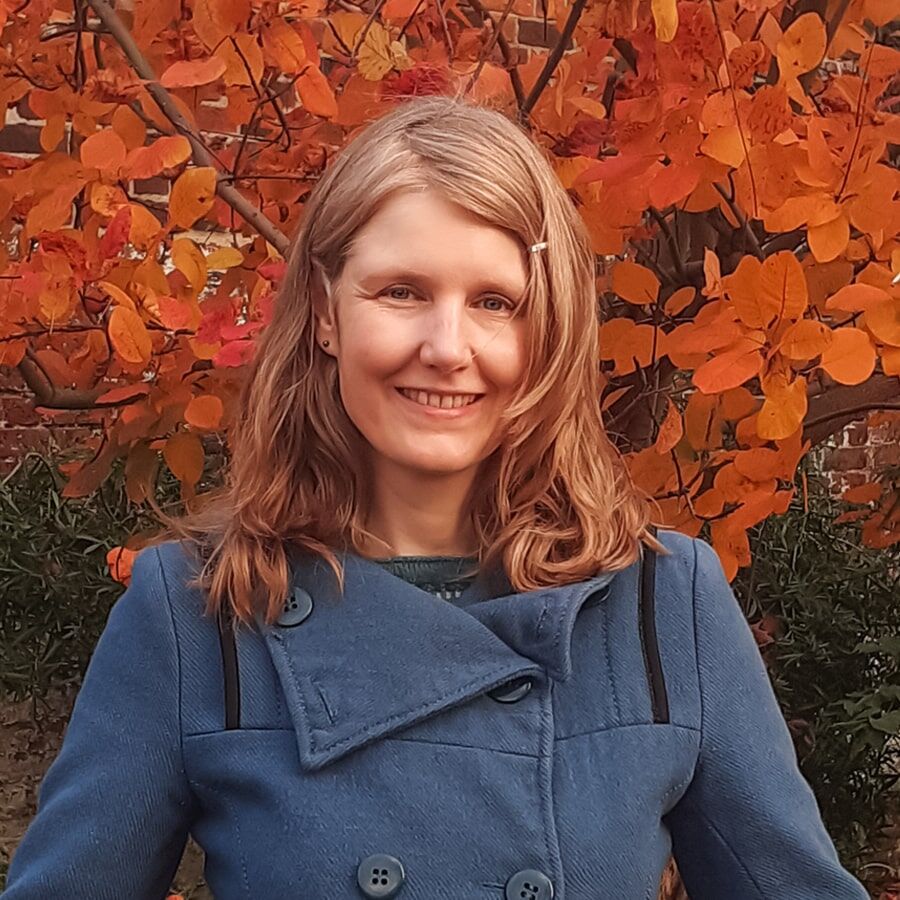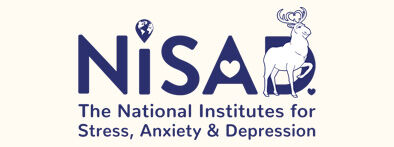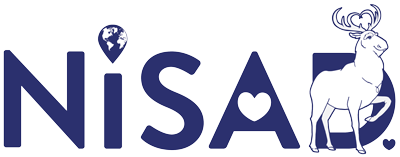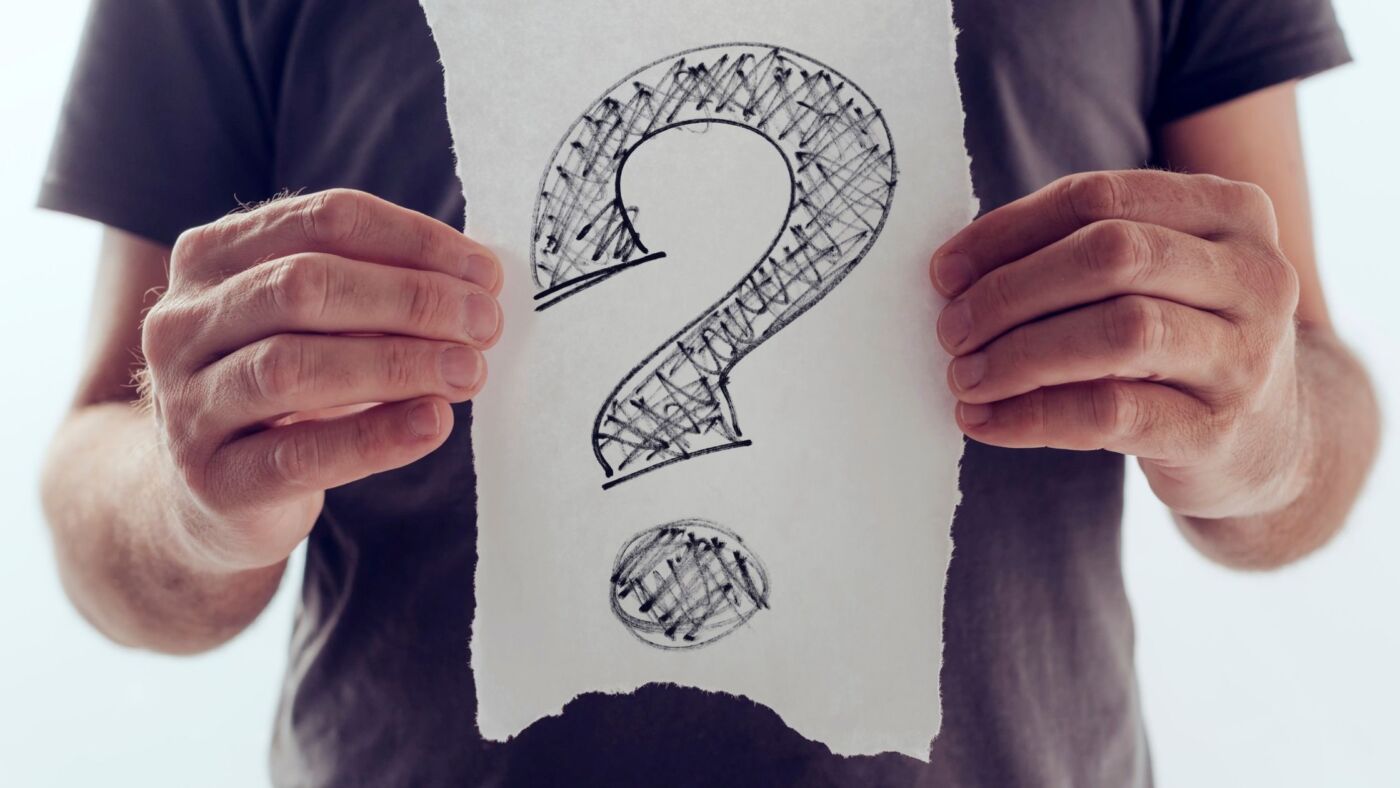If you’ve been feeling anxious recently, you’re not alone.
Across the globe, the situation related to Covid-19 is ever-changing. For many of us, this can create the sensation of not being on solid ground, and with the ground constantly shifting beneath our feet, it’s only natural to seek out something certain onto which we can confidently cling.
What’s interesting is that even if that thing onto which we can cling is not that appealing or even downright awful – maybe a spiky cactus or a thorny bush! – we may still rather grasp onto it (with all its discomfort) than risk tottering around on the unpredictably shifting ground.
Why is this?
Our brains like certainty. It’s hard-wired within us, which means unless we’ve learnt how to become comfortable with uncertainty, our brains will reach out for any kind of certainty – no matter how awful it is – rather than remain in a state of not knowing.
From an evolutionary perspective, this strategy of the brain was aimed at keeping us safe: far better to hunt and forage where you know the layout of the land – the reasonably rich pickings and potential dangers – than venture into an area unknown. That unknown area may well contain a bounty of food, but the vast majority of brains would always prefer safety over possibility. At least, these were likely the genes and adaptations that were passed down to our present day.
Yet, the unknown is not inherently ‘bad’. In fact, the unknown is a place of possibilities.
When things are uncertain, we can become open to opportunities we might have overlooked or not come across had we continued along the path of certainty. In fact, the more we mindfully choose to look at moments of uncertainty with curiosity – letting go of predictions or expectations of what might happen and instead engaging our wonder at how the ground beneath our feet is changing – we can then become more aware of possibilities as they unfold. So rather than fixating fearfully on the thorny foliage that seems to loom ahead of us, we can allow ourselves to move with the ground, strengthening our legs, while curiously surveying our surroundings, so that, when it comes into view, we can both notice and climb the fruitful apple tree.
The more we choose to view the unknown with curiosity, the more open we become to possibilities, and over time this then makes us more comfortable with uncertainty.
As with altering any habit, changing the way we think about uncertainty takes practice. To help with this, you might like to place a reminder for yourself (– maybe a hairband around your wrist or a note on your phone) to practise letting go of expectations or predictions. A good way to do this is to spend some time meditating with the intention of bringing your mind to the present moment and letting go of thoughts about the future. It’s OK if you find your mind still wanders to the future when you do this; it’s the practice of bringing your mind back to the present that helps to make neural changes in the brain. You don’t even need to be sat quietly to do this – you can practise it throughout your day, for example, while you’re walking somewhere, washing the dishes or brushing your teeth.
You can read more about the practice of mindfulness and meditation here.
And, if you could set aside for yourself 20 minutes where you can sit somewhere quietly and close your eyes, you may like to listen to this hypnosis relaxation, which could gently guide your subconscious mind into thinking about the unknown in new ways that mean you’re getting more comfortable with uncertainty.
Hypnosis may be contraindicated for certain health conditions such as epilepsy. If you’re not sure, please consult your doctor.
Do not listen to this recording whilst you’re driving or operating machinery.

Alison Easton
BA(Hons) HPD DipCHyp
Director of Clinical and Creative Development
For nearly 10 years, I have been providing therapy using hypnosis to assist people in changing the beliefs and habits that are making them unwell or unhappy into those that foster health and happiness.
My role at NISAD draws on this experience to write informative and compassionate content to support all that visit us on social media and on our ELK.Health programmes.


